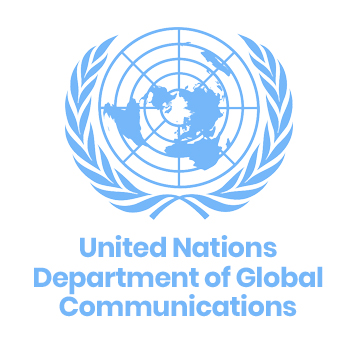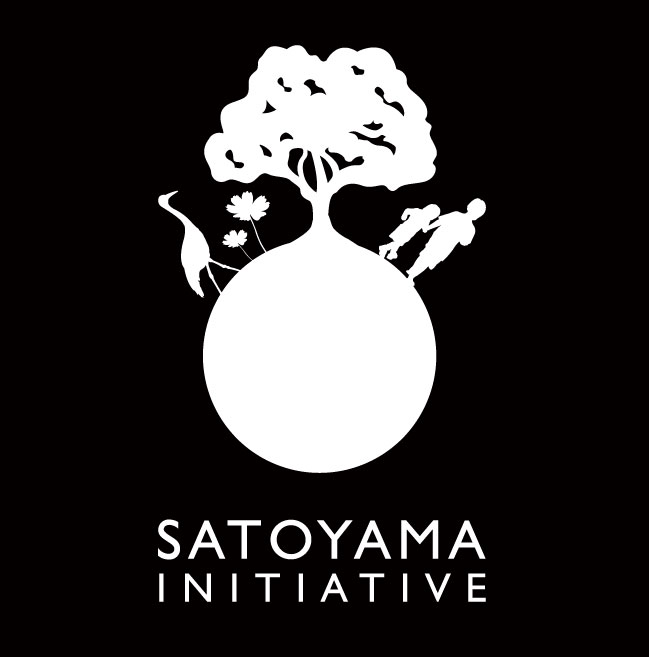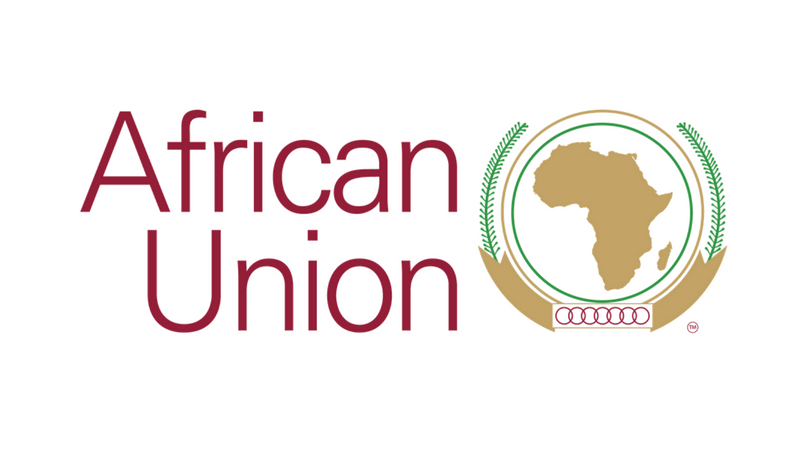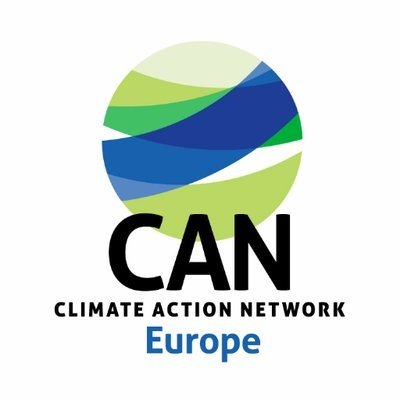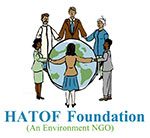About us
Since its establishment in 1999, HATOF has become one of the vibrant national NGOs engaged in energy, environmental governance and climate policy processes – working towards addressing a range of issues–including climate change and finance, renewable energy and energy efficiency, conservation and environmental protection, sustainable management of natural resources, and protection of human health and well-being. HATOF fosters collaboration among government, private sector, research and other institutions at regional and international scale with shared goal to regulate human access to, use of, and impacts on the environment. This is to ensure that human progress, economic development, and conservation and environmental protection take place together. The technical assistance HATOF provides its multifaceted stakeholders ensures balance between collective social interests and environmental protection.
History
HATOF was officially registered in May 3, 2001 by the Registra General’s Department under the Companies Code, 1963 (Act 179), and also registered with the Department of Social Welfare Reg. No. D.S.W/1819 in Ghana. As the first environmental organization in the Agona District in the Central Region of Ghana, it brought together young and vibrant youth, men, women and local authorities with shared goal to regulate human access to, use of, and impacts on the environment–and particularly ensure that human progress, economic development, and conservation and environmental protection take place together.
During the first two years of its existence, HATOF primarily focused on sustainable land management and biodiversity conservation in the Agona District. It flagged the adverse effect of persistence land degradation and loss of biodiversity on human health and environment, and promoted nature conservation through advocacy, lobbying, and education.
Much of its subsequent work in 2002 to 2010 was devoted to on-the-ground biodiversity conservation actions, and provision of decent jobs to local beneficiaries.
As international environmental policy development processes continued to gain importance and active participation of all sectors was encouraged, HATOF gain official observer status to the United Nations Convention on Biological Diversity in 2002, United Nations Framework Convention on Climate Change in 2005, the United Nations Convention to Combat Desertification in 2005, and Climate Action Network-International in 2005.
At the continental level, between 2008 and 2016, HATOF became a member of the first and second Permanent General Assembly of the Africa Union Economic, Social, and Cultural Council, where it fostered regional cooperation in environmental governance, food security, and climate change issues. It subsequently gained membership to the Africa Union Scientific, Research and Innovation Council in November, 2018.
In 2003, HATOF became a member of the Global Environment Facility Civil Society Organisation Network and subsequently served as the West and Central Africa Regional Focal Point for the GEF-CSOs from 2011 to 2015. It played a major role in the review and development of the GEF Public Involvement Policy and the Gender Policy, and continues to contribute to the GEF Strategic plans to enhance the global environmental benefit.
Again in 2016, the Green Climate Fund also granted HATOF an official observer status and it’s currently serving on the GCF National Designated Authority Technical Advisory Committee in Ghana.
With its team of experts, HATOF today provides technical assistance, advisory, research and consulting services to public and private sector organisations, from Metropolitan, Ministries, Departments and Agencies, United Nation Agencies, African Union, national and international NGOs in environment, gender, energy, and climate change. HATOF supports its beneficiaries and stakeholders to plan, access deliver and scale-up a variety of multilateral funds that is used to develop capacity, remove policy and regulatory barriers increase resilience and promote low emission climate resilience development. It also continues to promote nature-based solution actions to conserve biological diversity, which also addresses the global challenges, such as climate change, food and water security, and poverty reduction.
HATOF has also established green clubs in selected basic schools in Greater-Accra, Central, Western and Volta regions of Ghana, where it inculcates in the children values of environmental protection.
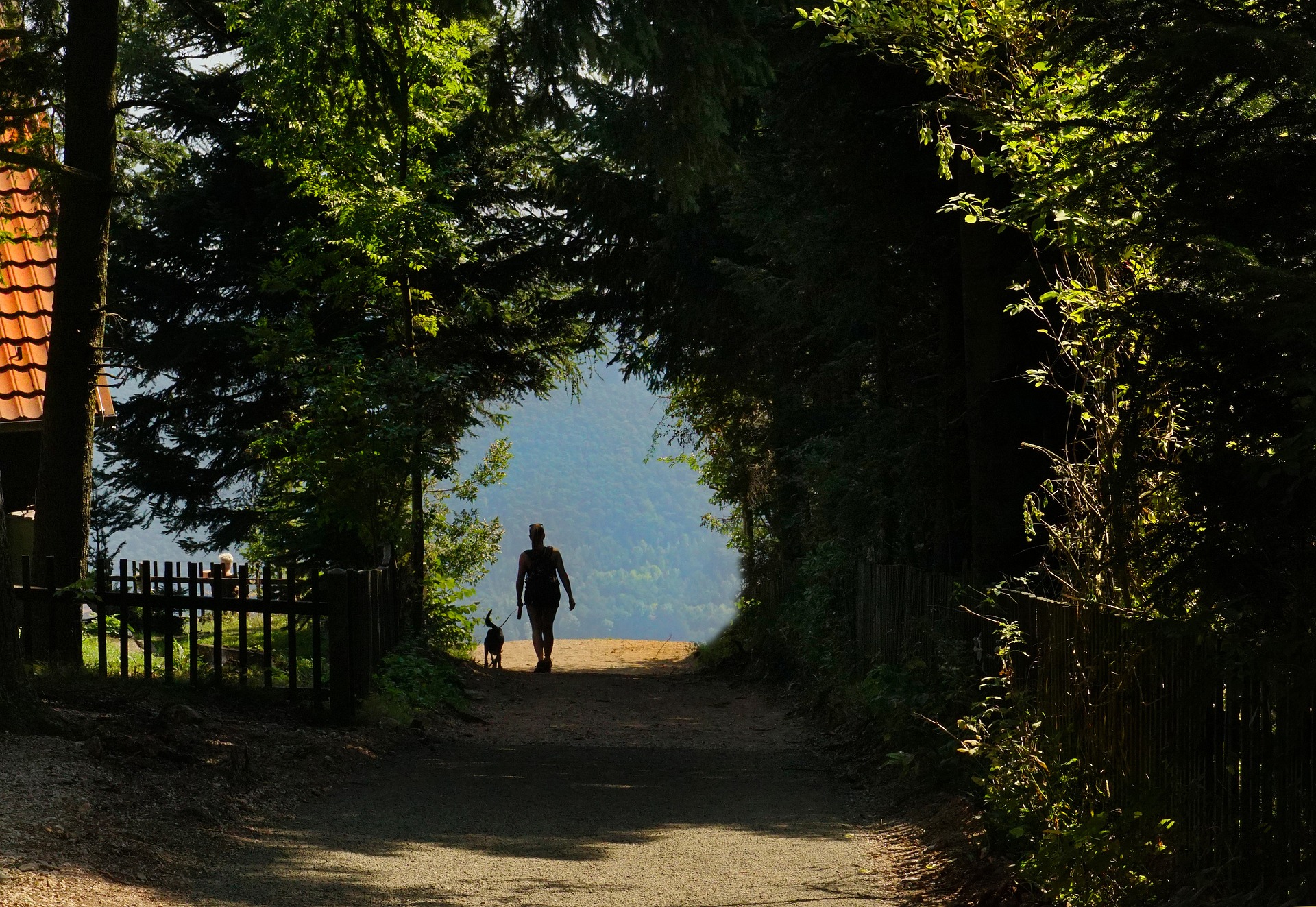
Vision
A local community of young professionals creating a better world for the current and future generations through local and global actions.
Goal
To advance the involvement of children, youth, women and communities in the protection of the environment and the promotion of economic and sustainable development.
Mission
Developing the skills of individuals and communities to effectively conserve, restore and utilize the natural resources available in the communities for sustainable livelihoods in Ghana and beyond.
Strengthening democracy, good governance and development by helping local populations find information needed to fight for environmental justice in their communities.
Board of Directors
Prof. Francis K.E. Nunoo - Board Chair
Professor, Department of Marine and Fisheries Science, University of Ghana, Legon.
Albert Wiredu Arkoh - Member
Executive Secretary, Pharmacy Council, Ghana
Samuel Dotse - Member
Chief Executive Officer
Dr. Dzigbordi Dorke - Member
Head, Department of Natural Resources and Environment, University of Development Studies
Dinah Dotse – Member
Executive Director, Jadise Services
Anna Mensah – Member
United Nations Children’s Fund-UNICEF
Management Team
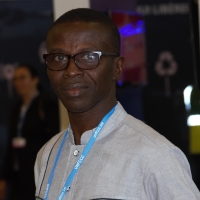
Mr. Samuel Dotse
Founder/Chief Executive Officer and Member of the Board.

MaryJane Enchill
Deputy CEO/Head of Communication
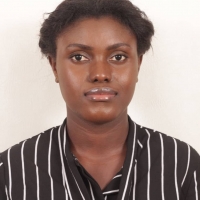
Wynny Esi Addison
Admin and Research Assistant
Affiliations
Conventions
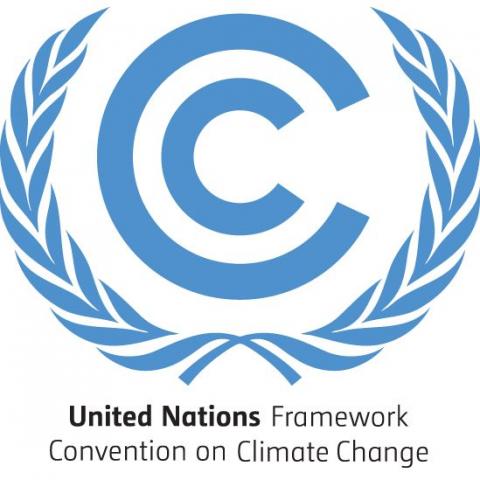
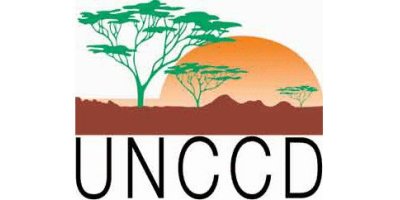

Multilateral Funds
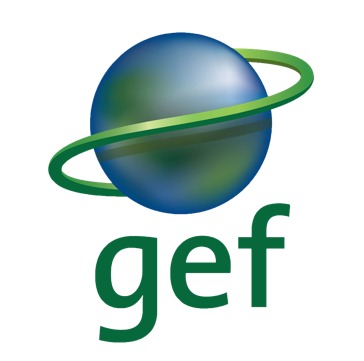
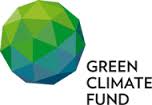
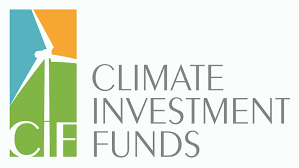
Partners

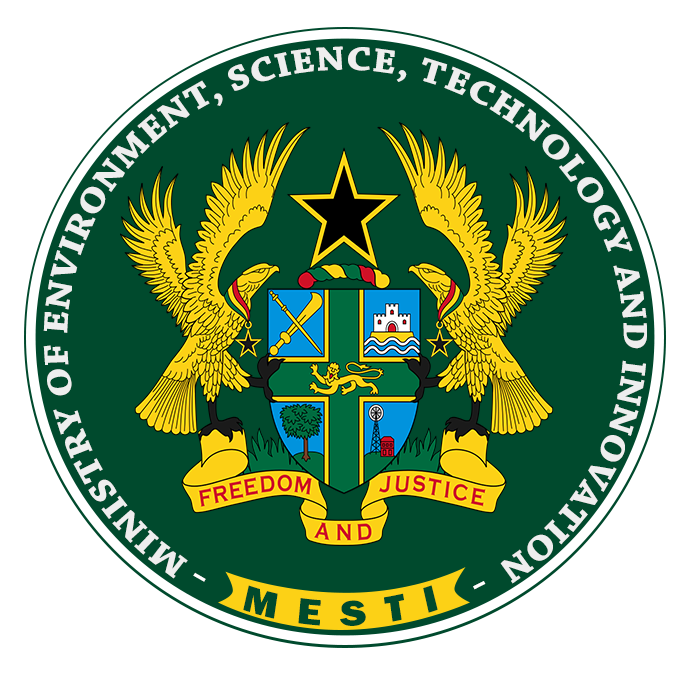
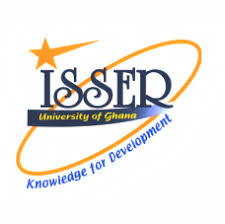
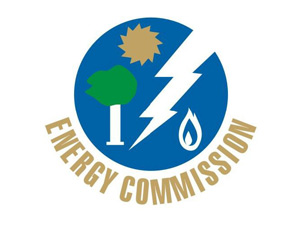
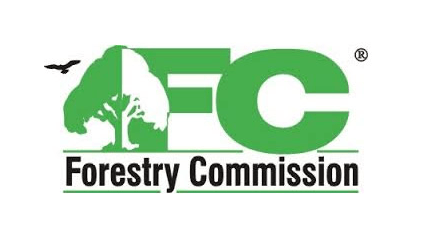

Sponsors
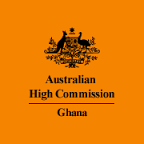
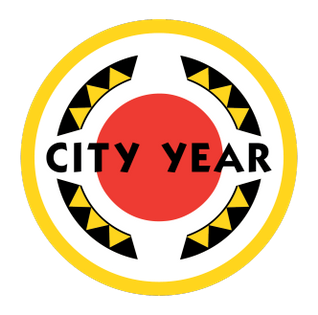

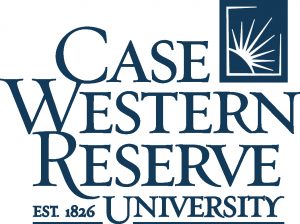


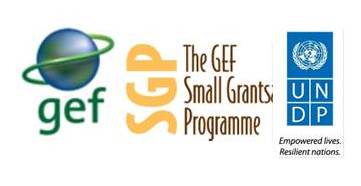
Intergovernmental Organizations and other Environmental Constituencies
